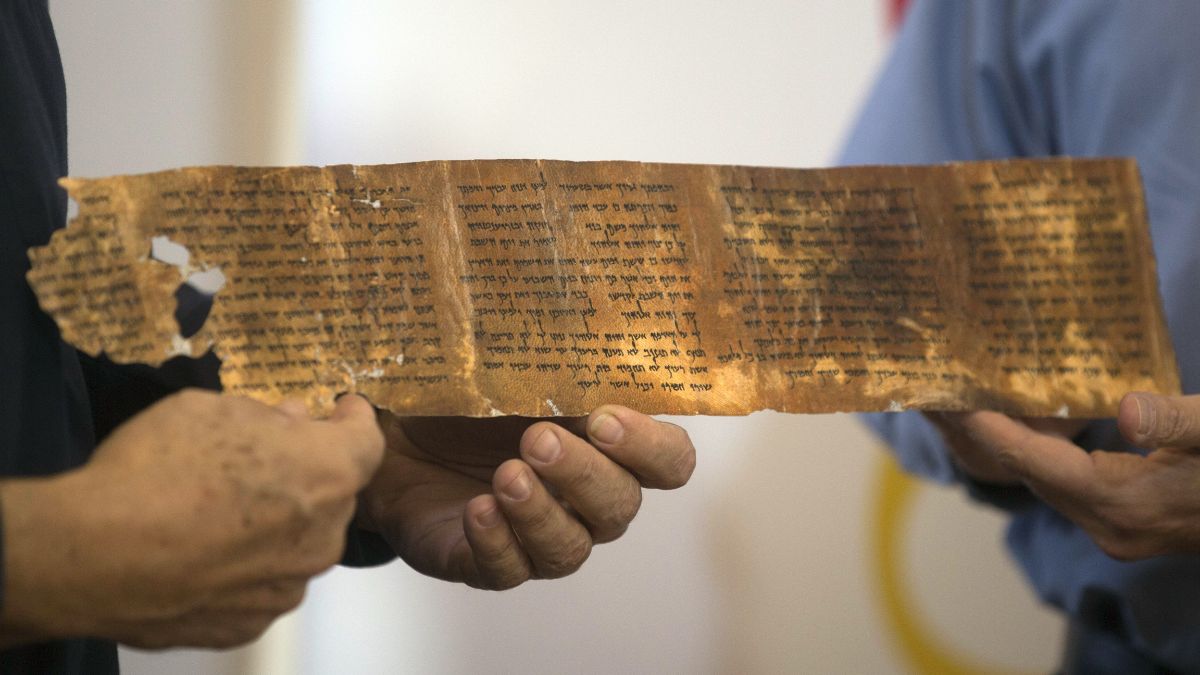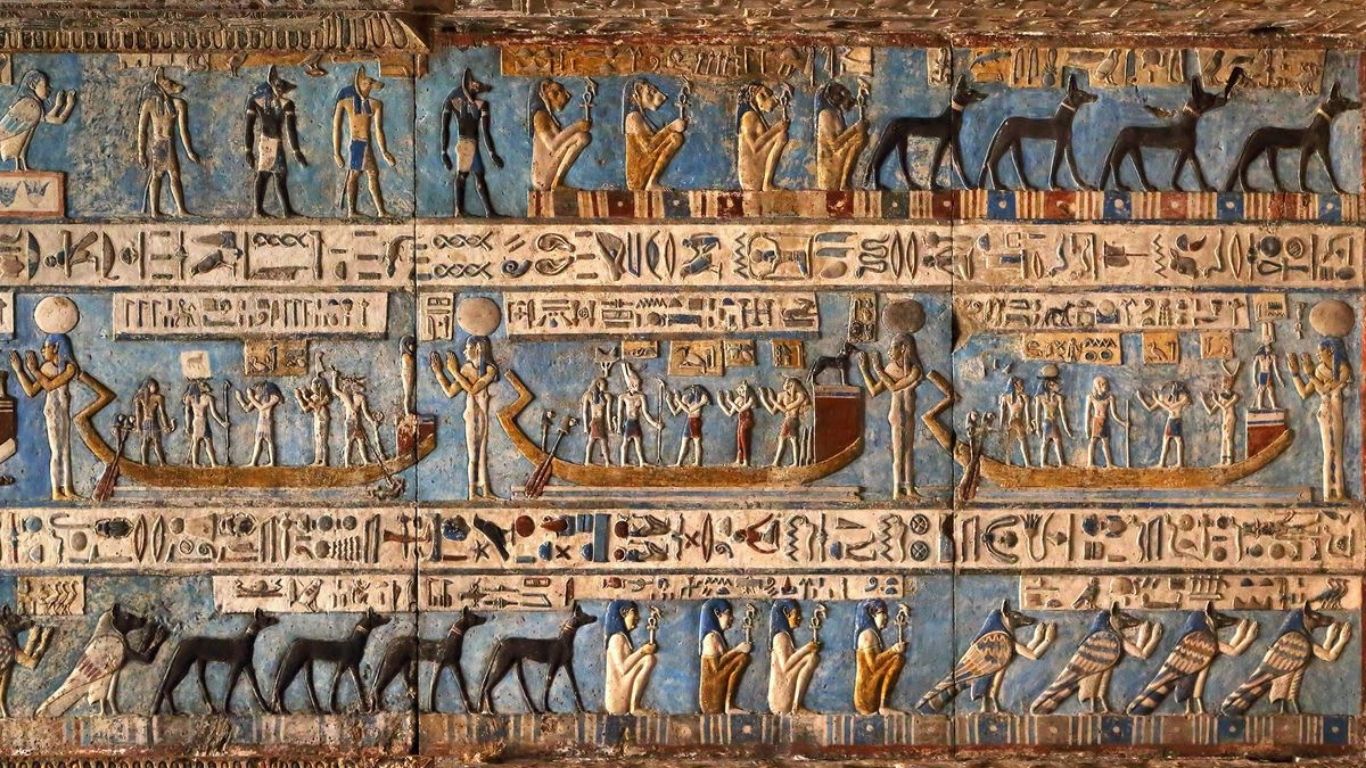This week, Microsoft unveiled Majorana-1, a quantum chip which may solve this. Majorana qubits based, Majorana-1 attempts a more error-immune, more resilient quantum computation solution. If it works, this discovery can take years, potentially decades, for the industry.
However, as is usual in all such sweeping scientific announcements, the wider scientific community responded in a divided fashion, with some scientists being guarded in declaring victory.
Quantum Computing’s Largest Drawback: Scaling and stability
Traditional computers employ bits in a position of either 0 or 1, but quantum machines employ qubits, units of quantum data which may be in more than a position. This is all due to superposition, which allows quantum machines to perform complicated computations exponentially faster than traditional machines.
However, the largest obstacle for large-scale quantum computation is decoherence, a susceptibility of qubits toward environmental perturbations, resulting in a loss of quantum states of delicate sensitivity. In contrast to classical bits, which survive on their own unless physically manipulated, qubits have unstable states. Errors result from even a slight perturbation, rendering quantum computation unreliable.
How Microsoft’s Majorana-1 Plans on Healing the Disease
Most quantum computers currently employ superconducting qubits, a technology developed by firms such as IBM and Google. Such systems have a colossal error-correction mechanism due to qubit instability. Although this has resulted in some advances, such as in 2019 when Google claimed a quantum supremacy, it is still inefficient, which makes it hard for it to scale.
Microsoft’s Majorana-1 is distinct. While other qubits have traditionally been based on qubits, it is a Majorana qubit system, a hypothetical system developed in the 1990s.
Topological qubits encode quantum information in quantum states of braiding, making it more error-resistant and immune to noise. This can lead to computations needing drastically smaller error corrections, making quantum processing potentially scalable and more cost-effective.
According to Microsoft, its achievement is now in a paper in the journal Nature, a quantum studies success. Microsoft indicates quantum computation can make a transition in a few years from experimental studies to industrial applicability.
Skepticism from the Scientific Community
While Microsoft’s news is encouraging, all experts aren’t so hopeful. Quantum computation is a technology which, in its history, promised great things which didn’t happen, and there exist scientists who have a skeptical attitude.
Scott Aaronson, an expert in quantum computation at the University of Texas, Austin, recently remarked in a blog post that in case of topological qubits, it is in its babyhood, just like other paradigms of quantum computation 20 years ago.
“Topological qubits can work, and can work only, if, and when, they become sufficiently more secure so as to overshadow past attempts—rather in a loose sort of a manner, naturally, in a similar way in which a transistor replaced a vacuum tube,” Aaronson commented. “Whether this is so is anybody’s guess, I say rather modestly.”
Further skepticism is caused by scientists who have previously witnessed such reports being proven wrong under scientific tests. In 2018, Microsoft scientists issued a similar report on manufacturing Majorana fermions, which is exotic matter required for topological qubits. The data, however, was retracted when other scientists identified inconsistencies.
Given this, scientists have been monitoring this, awaiting an independent validation of Majorana-1 as a discovery.
How This Can Impact Quantum Computing
If Microsoft’s promises materialize, Majorana-1 can lead a new quantum revolution, and it can have a sweeping reach in various fields:
1. Drug Discovery and Materials Science
Quantum computers can provide modeling of interactions of molecules in a precision which is unattainable in classical machines. This can potentially make drug discovery, materials, and chemicals faster, which can result in medical, solar power, and manufacturing revolutions.
2. Cryptography and Cybersecurity
One of quantum computation’s greatest concerns is its potential for unbreaking existing cryptography. The security of the net is now mathematical puzzles which can be solved by classical machines very, very slowly, whereas quantum machines can solve encrypted data in minutes. If Majorana-1 can live up to its promise, competition for quantum-resistant cryptography is all the more urgent.
3. Artificial Intelligence and Machine Learning
Quantum computing can supercharge AI by transforming data processing and optimization. The week-long process of current networks can now be completed in a matter of a few hours, opening new levels of capability for AI.
The Road in Advance: Prudent Expectations
Microsoft has issued a statement assuring it will release further data in the following conferences, in an effort to allay concerns and re-establish its respect in the scientific community.
While some have questioned it, others have conceded that although Microsoft’s success reports may have been partly true, this can nonetheless be a big step toward quantum computing in a usable form.
In the view of Charlie Marcus, a leading quantum physicist and Microsoft collaborator,
“Even though it is not a definitive discovery, it is a big advancement in quantum system understanding and engineering.”
For now, we can’t promise it in quantum computing. If Majorana-1 performs as it is being hailed, however, we can be farther along than ever in being able to harness quantum power for everyday purposes.



